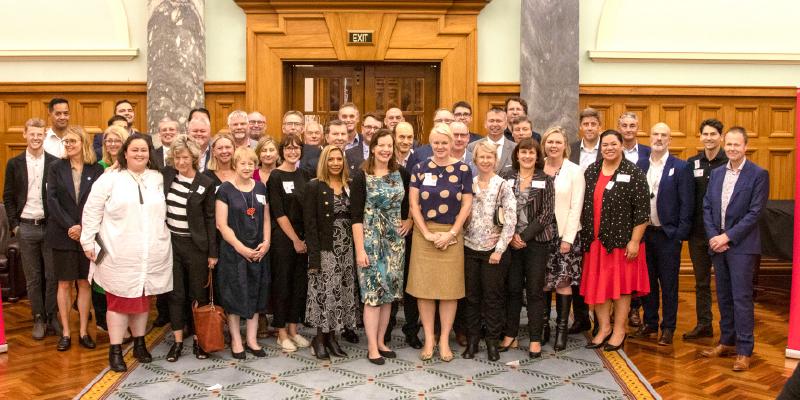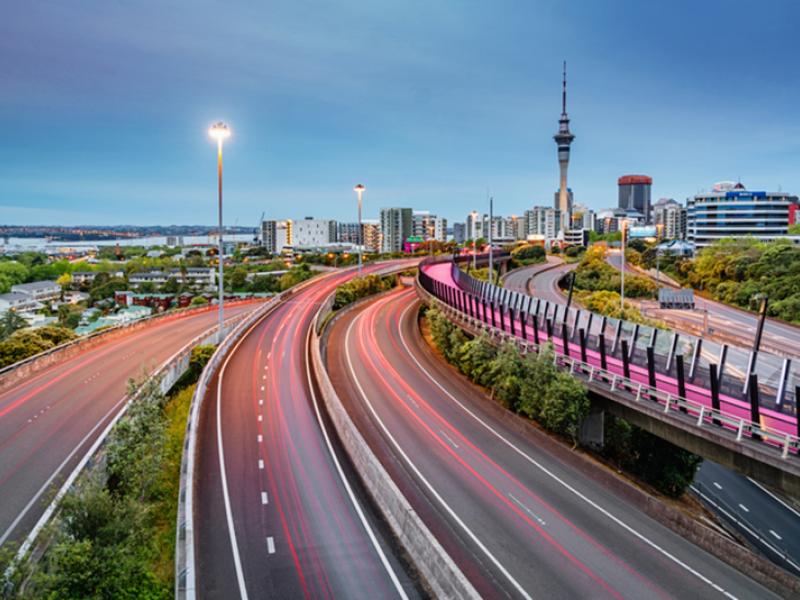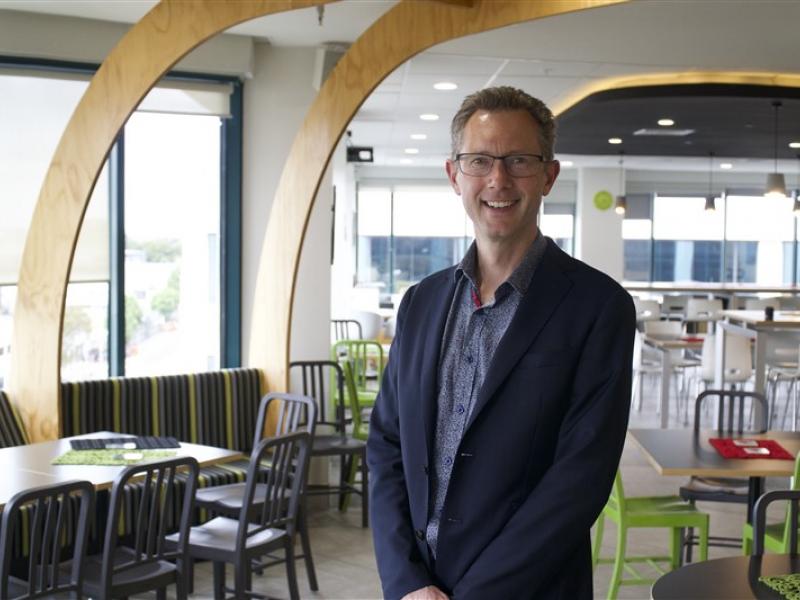The official launch of the Diversity Agenda Accord late last month was deemed a ‘momentous’ occasion for the New Zealand architecture and engineering industries. It marked a public commitment made by CEs and business owners of leading industry firms, to achieving truly diverse and inclusive professions.
The Accord is the next step in The Diversity Agenda, which launched two years ago and is a joint initiative from Engineering New Zealand, Te Kāhui Whaihanga New Zealand Institute of Architects (NZIA) and ACE New Zealand. The initiative’s achieved a lot in its short life, with over 165 organisations now signed up as members. However, a lot more needs to be done to drive real behavioural change and overcome the issues both industries face when it comes to attracting and keeping staff from all walks of NZ society, says Engineering New Zealand.
The Accord is a key tool for achieving this behavioural change within the industries. Its focus is broader than just women – it concentrates on all facets of diversity, and the central role that inclusion plays at the heart of diversity.
A Diversity Agenda survey conducted late last year revealed the Pākehā, male demographic still heavily dominates the professions and its leadership. Only 16 percent of engineers and 25 percent of registered architects in New Zealand are women, and just 3 percent of the Engineering New Zealand members are Māori.
Susan Freeman-Greene, chief executive, Engineering New Zealand, says both professions currently face a concerning skills shortage and given they’re both vital industries, failure to fix this will put huge pressure on New Zealand.
“Many still associate a certain stereotype with these professions. We are working hard to remove these perceptions and make engineering and architecture appealing to a wider range of people. As the future problem solvers of many of Aotearoa’s major issues, we need our professions to reflect the bread of our communities.
“It’s imperative engineers and architects represent everyone so the world they create reflects the communities they support. Not only does diversity help provide insight into an organisations’ wide range of client needs, but has proven to make organisations more effective, successful and profitable.
“We were thrilled to have Minister for Women, Julie Anne Genter, officially launch the Accord at Parliament’s Grand Hall. We also heard from fantastic industry leaders and representatives who gave their personal accounts on the Accord’s significance,” said Freeman-Greene.
Speaker Ian Blair, WSP Managing Director, said: “We’ve still got a lot to do as an organisation, but also as an industry. Today the signatories of the Diversity Agenda Accord are determined and united, to create more diverse and inclusive industries, which will benefit those who work in the industry and our society.”
Speaker Elisapeta Heta, Senior Associate, Architectural Graduate – Kaihautū Whaihanga and Māori Design Leader at Jasmax stated: “I’m here because I want to make it visible and obvious to other wahine, to other Pasifika and Māori coming through the communities, who are potentially looking at architecture as an option, to see that somebody else has done it. And hopefully, they don’t have to fight to the level I’ve had to fight to receive the accolades and the acknowledgement I get to enjoy.”
The Accord defines a clear set of tenets for firms to commit to, with the submission of a yearly report on how they have adhered to them, together with the compulsory completion of a survey to back up the report with data. There will be an annual ‘peer accountability review summit’ where all signatories will gather to discuss and stand by their performance over the previous 12 months.
“This peer accountability model is quite different, as it breeds transparency and true collaboration/sharing. Everything is out in the open, and we have the right to remove Accord status if for some reason a firm wasn’t maintaining the requirements they’ve signed up for,” said Freeman-Greene.






